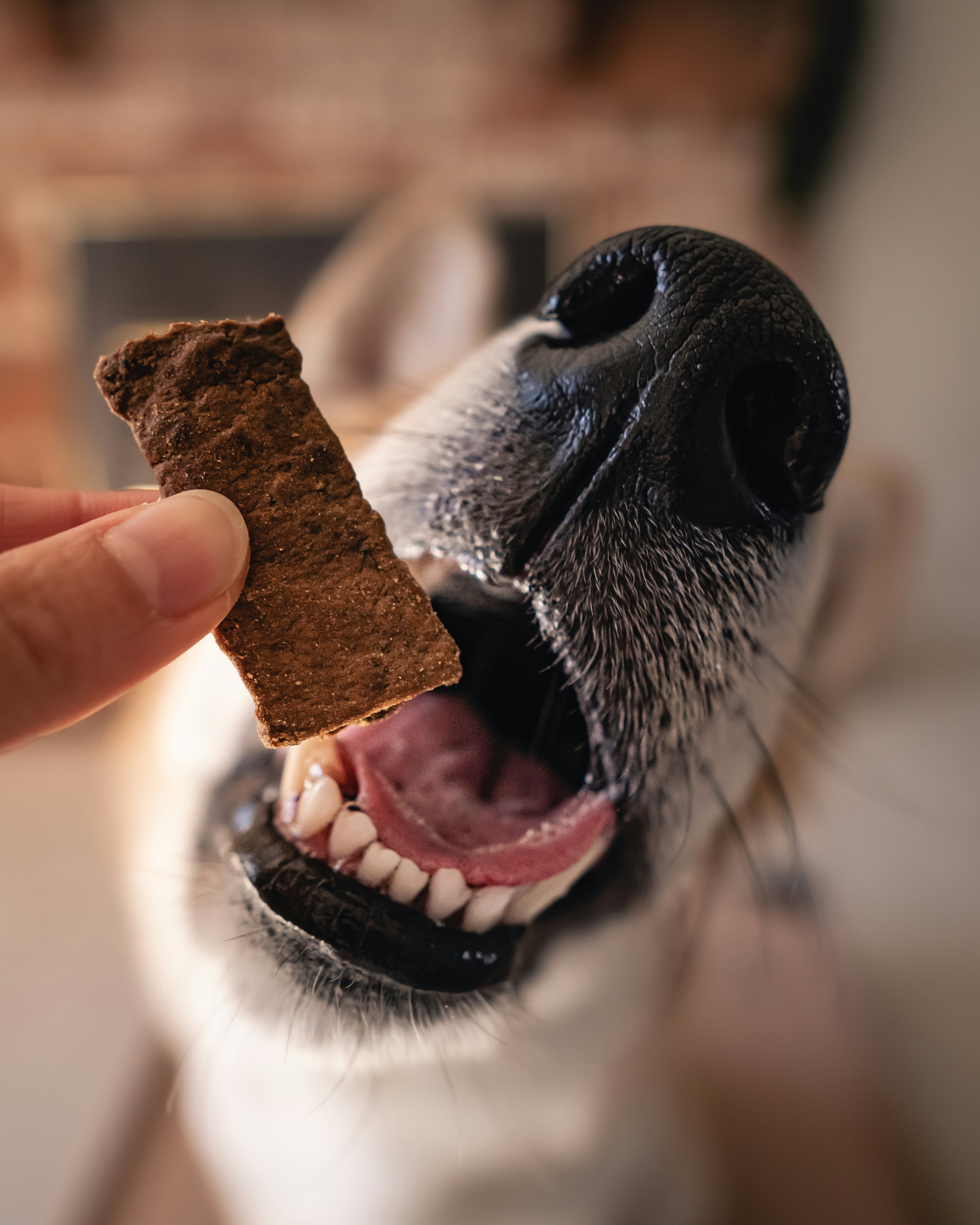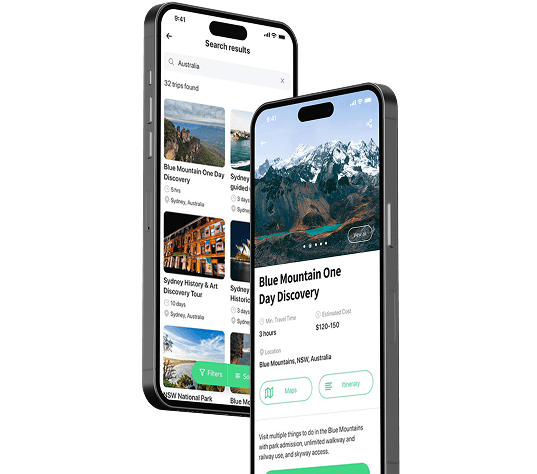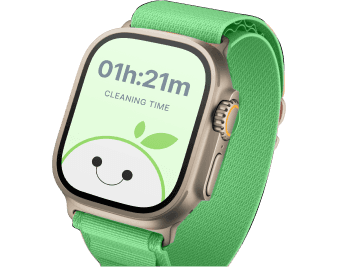"The clearest and most instinctive example of gamification lies in the simple act of rewarding a dog with a treat. A small reward for a well-performed action not only reinforces positive behavior but sparks anticipation, engagement, and loyalty. Just like a dog eagerly repeats the action hoping for another treat, users in design and marketing respond similarly to well-crafted incentives. Understanding this primal mechanism is the key to unlocking user engagement in any digital experience.
Unlocking User Engagement
The Power of Gamification in UX/UI Design. Fusing Creativity, Rewards, and Collaboration for User-Centric Experiences."
Introduction
Are you ready to level up your graphic design projects?
Let’s explore the dynamic realm of gamification and its influence on user behavior in the world of design.
Gamification has emerged as a game-changer, transforming traditional graphic design into engaging, user-focused experiences. By incorporating game elements, designers can motivate users, foster engagement, and create memorable experiences. Here’s how gamification takes user behavior within the realm of graphic design to the next level.
1. Motivation and Rewards
Gamification taps into our intrinsic desire for achievement and recognition. By introducing rewards, badges, and points, designers can motivate users to actively participate and accomplish design-related tasks. This approach fuels their sense of progress and drives continued engagement.
a. Sense of Accomplishment
Competing challenges and reaching instant feedback boosts users’ confidence and satisfaction, encouraging them to take on more complex tasks.
b. Community and Competition
Social elements, such as leaderboards and collaborative tasks, elevate community and friendly competition, further motivating users to stay engaged and improve their skills.
2. Personalization and Creativity
Gamification empowers users to express their creativity and individuality. Through customizable avatars, design challenges, or interactive design tools, designers can provide users with a unique and personalized experience. This freedom to explore their creative potential enhances user satisfaction and encourages them to return for more.
3. Learning and Skill Development
Games are powerful learning tools, and gamification in graphic design leverages this potential. By integrating tutorials, quizzes, and skill-building modules, designers can facilitate continuous learning and skill development. Users are empowered to enhance their design abilities, unlocking new levels of expertise along the way.
4. Social Interaction and Collaboration
Gamification thrives on social interaction and collaboration. Designers can create platforms or communities where users share their designs, provide feedback, and enter friendly competitions.
This social aspect fosters a sense of belonging, encourages knowledge exchange, and fuels user loyalty.
Applying Gamification in UX/UI Design
o successfully integrate gamification into UX/UI design, it’s crucial to understand where and how to apply game mechanics that enhance user experience — not distract from it.
Practical UX/UI Applications
Progress Indicators: Progress bars during onboarding or tutorials keep users motivated to complete tasks.
Micro-Rewards: Small animations or badges upon task completion increase satisfaction.
Interactive Feedback: Real-time responses, like confetti or sounds, provide instant gratification.
Streaks and Challenges: Encouraging daily or weekly engagement boosts retention.
Example from my practice:
"In a recent mobile app project, I implemented a badge system during user onboarding. Within one month, user retention increased by 15%, and completion rates for the onboarding flow rose by 22%."



Understanding User Types → Socializers
Different users are motivated by different types of rewards. Recognizing this allows designers to tailor experiences that resonate with diverse audiences.
Achievers: Motivated by clear goals, badges, and accomplishments.
Explorers: Enjoy discovering new features, hidden content, and advanced tools.
Socializers: Thrive on interaction, sharing, and collaboration.
Competitors: Driven by leaderboards and outperforming others.
Thrive on interaction, sharing, and collaboration.
For a fashion ecommerce, I designed a 'Share Your Look' feature where users could post outfits featuring accessories from our store and tag the brand on social media. As a reward, users unlocked a 10% discount for their next purchase. This mechanic not only incentivized user engagement but also organically promoted the brand — leading to a 30% increase in time-on-site and a rise in social media mentions
Feature: Share your look + tag
Clear reward: 10% discount
Double benefit: Engagement + Free marketing
My Approach to Fast and Effective Gamification
When integrating gamification into UX/UI design, speed and relevance are key. Here’s the approach I use to ensure quick, effective implementation:
Identify key engagement points
Where will rewards or challenges naturally enhance the user journey?Prototype micro-interactions rapidly
Test progress bars, badges, or challenges with quick prototypes.Validate with users
Gather feedback early to refine mechanics that resonate best.Integrate seamlessly into UX flow
Ensure gamification enhances, not disrupts, the user experience.
"In a loyalty app for a coffee shop chain, I identified that users frequently skipped checking their rewards balance. Within 72 hours, I designed and prototyped a dynamic progress bar that displayed how close users were to earning a free coffee. This simple, unobtrusive feature increased reward redemption by 21% and seamlessly fit into the app’s daily usage without disrupting core flows."
Need Expert Advice?
If you're looking for personalized guidance on how to implement gamification in your own projects, feel free to reach out. Simply fill out the form below, and I'll be happy to assist you.
Continue Watching
















